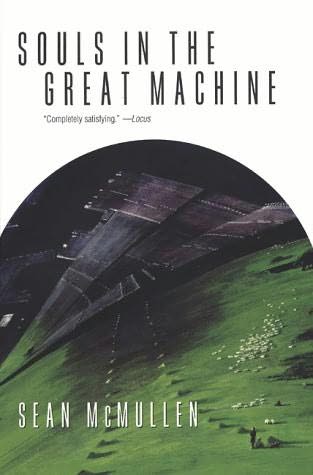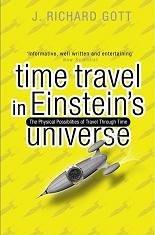
Souls in the Great Machine
Sean McMullen
448 pages
published in 1999
Sean McMullen is an Australian science fiction writer, whose first books were only published there, with Souls in the Great Machine being the first one available in the rest of the world. Apparantely it’s a rewrite of two earlier McMullen novels, Voices In The Light and Mirrorsun Rising, which were of course only available in Australia. In any event, Souls in the Great Machine is the first novel (or indeed anything) I’ve read of McMullen, after the local science fiction bookstore had it and its sequel, The Miocene Arrow available cheap. Because of good reviews in Locus and elsewhere I thought I’d take a gamble.
On the whole I think Souls in the Great Machine was worth the gamble, though I had some caveats. The writing isn’t always as smooth as you would like and the overall plot is a bit …episodic shall we say, which may of course be a result of it having started as two separate books. The most bothersome aspect of McMullen’s writing however is his sudden and rather frequent switch of viewpoints. Usually even with authors who like to jump from character to character you still get a good sense of who the heroes of their stories are, but with this book there are several perspective shifs which abandon the character you thought was the protagonist for someone else entirely. This feels a bit sloppy, but is more than made up for by the inventiveness McMullen displays in his depiction of the world of Souls in the Great Machine.
